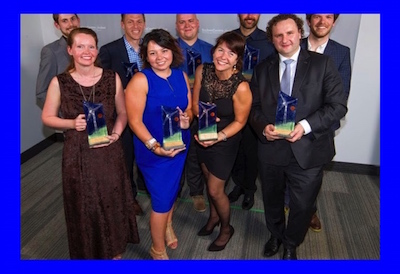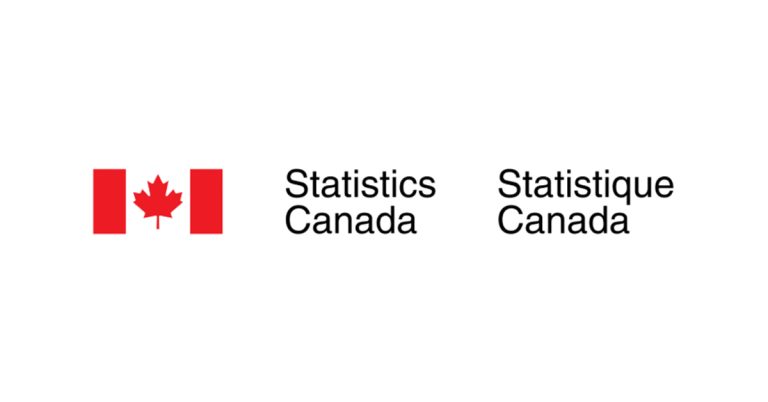Minister Wilkinson Launches New Canada Electricity Advisory Council in 2023 to Help Build Canada’s Clean Electricity Future

May 29, 2023
Recently, the Honourable Jonathan Wilkinson, Minister of Natural Resources, launched the Canada Electricity Advisory Council, an independent body of 19 experts who will provide the Government of Canada with advice on actions needed to achieve our 2035 and 2050 net-zero emissions goals as they pertain to electricity.
A clean, reliable and affordable electricity grid is key to building a strong, clean economy and a competitive advantage that makes Canada an attractive place for businesses from around the world to invest. The federal government is building on Canada’s advantages to deliver affordable power to Canadians, grow our economy and fight climate change.
The Electricity Council will provide advice to the Honourable Jonathan Wilkinson, Minister of Natural Resources that could help shape the significant electricity sector investments announced in Budget 2023. These investments include a 15 percent tax credit for non-emitting electricity generation, $20 billion in low-cost financing from the Canada Infrastructure Bank and targeted funding where needed, including via NRCan’s Smart Renewables and Electrification Pathways program.
The Electricity Council will provide advice to the the Honourable Jonathan Wilkinson, Minister of Natural Resources to accelerate investment, and promote sustainable, affordable and reliable electricity systems. The Council’s work will cover both the reduction of emissions in the electricity sector needed to achieve net-zero by 2035 and the rapid growth of electricity generation needed to power a net-zero-emissions economy in 2050. The Council will work in conjunction with other bodies advising the Government of Canada on climate and energy-related matters, such as the Net-Zero Advisory Body. The Electricity Council members represent a diverse range of commercial, policy, technical and governance experience and expertise, and will be chaired by Philippe Dunsky.
Recognizing the jurisdictional role of provinces and territories in decision-making for the electricity sector, the Electricity Council will draw on work done at the provincial and territorial level, as well as by utilities and Indigenous partners.
At the conclusion of its one-year term, the Electricity Council will prepare and deliver a report outlining its analysis and recommendations to Minister Wilkinson.
Quotes
“Canada’s clean grid is already a competitive advantage — it helped us land the Volkswagen deal. And to ensure that we can continue to attract investment and create more good, middle-class jobs, we need to keep increasing the supply of reliable, clean and affordable power right across Canada. The Electricity Council will help us build the grid we need by providing independent, expert advice on how to both grow and decarbonize Canada’s electricity systems — in collaboration with the provinces and territories and with Indigenous partners.” The Honourable Jonathan Wilkinson, Minister of Natural Resources
“Clean electricity is set to play the central role in Canada’s — and indeed the world’s — transition to a clean energy future. It can be produced without emissions, consumed efficiently, priced fairly and used to enhance our competitiveness. I look forward to working with Council members to define the big moves needed to ensure that necessary infrastructure can be built in ways that are timely, affordable and sustainable. This will not be an easy lift, yet it’s a generational challenge — and opportunity — I’m convinced we must seize.” Philippe Dunsky, President of Dunsky Energy + Climate Advisors
Quick Facts
- Philippe Dunsky, President of Dunsky Energy + Climate Advisors, brings over 30 years of experience advising business, government, utilities and non-profits across North America on clean energy. He serves on several boards, including as Co-Chair of Efficiency Canada and a Director of the Greater Montreal Climate Fund. He previously chaired the Government of Quebec’s Electrification Working Group and was a member of Natural Resources Canada’s Generation Energy Council. Mr. Dunsky also brings knowledge of regional realities and sensitivities to the position. Other members are:
- Lesley Gallinger, President and CEO, IESO
- Darlene Whalen, Former Chair and CEO, NL Board of Commissioners of Public Utilities
- Wendy Franks, Executive VP, Chief Strategy Officer and Head of Hydrogen BU, Northland Power
- Bruce Lourie, President, Ivey Foundation
- Jason Dion, Senior Research Director, Canadian Climate Institute
- John Gaudet, Former CEO, Maritime Electric
- Gerry Forrest, Principal at Forkast Energy and Regulatory Consulting, former Chair of MB Public Utilities Commission
- Greg Robart, CEO, Smart Grid Innovation Network
- Tim Eckel, VP, Energy Transition and Asset Management, SaskPower
- Grant Sullivan, President, Nihtat Energy Ltd.
- Stephen MacDonald, CEO, EfficiencyOne
- Emily Whetung MacInnes, Chief Emeritus, Curve Lake First Nation
- Bob Elton, Former President and CEO of BC Hydro
- Kerry O’Reilly Wilks, Executive VP, Legal, Commercial and External Affairs, TransAlta
- Chief Sharleen Gale, Chief Councillor Fort Nelson First Nation and Chair of the First Nations Major Projects Coalition
- Pete Bothwell, VP, Customer Experience and Initiatives, ATCO
- Judith Ferguson, Executive VP, Regulatory, Legal and Government Relations, Nova Scotia Power
- Stéphanie Trudeau, Executive Vice President Quebec at Énergir
- The Government of Canada has committed to achieving net-zero emissions in the electricity sector by 2035.
- The work of the Electricity Council will complement the work of existing entities that advise the Government of Canada on matters related to climate change and energy, such as the Net-Zero Advisory Body.
- The creation of the Electricity Council fulfils Minister Wilkinson’s mandate commitment to “establish a Pan-Canadian Grid Council … in support of Canada’s efforts to achieve a 100-percent net-zero electricity system by 2035.”











